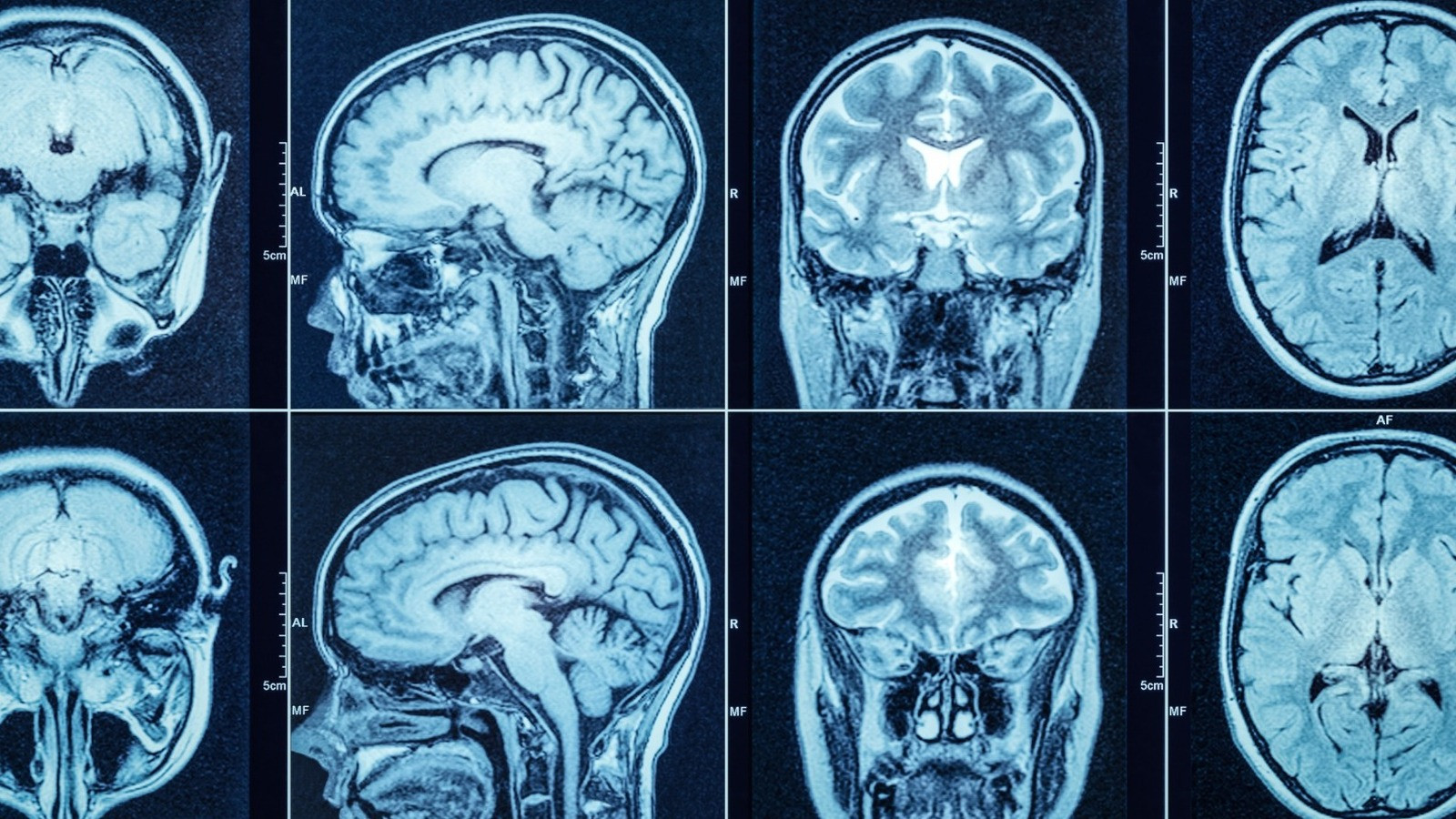A woman has shared how she believes the stress of her money worries triggered a rare neurological condition, which left her unable to walk or talk.
Danni Cooper, 21 from Wakefield, Yorkshire, had been feeling anxious about her finances for months before she lost the use of her legs and was rushed to hospital.
She first realised something was wrong in April 2024 when she started feeling dizzy after coming home from work, but put her symptoms down to hunger.
When she struggled to walk into the kitchen, however, she called her sister Mollie Harris, 26, who took her straight to A&E.
Doctors initially thought she was experiencing a migraine made worse by being on her period, but the following morning Cooper woke-up having lost the ability to walk or talk.
Fearing a stroke, she went to Pinderfields Hospital, Wakefield, but all her scans came back clear.
After spending a month on a ward, Cooper was eventually diagnosed with functional neurological disorder (FND) – a condition that causes problems with the brain sending and receiving information.
"I had been worrying for a long time about money," Cooper explains.
"The cost of living crisis hit me hard and I was having to choose between food or petrol in order to get to work.
"I fell into a deep depression at one point, crying every day and it most likely triggered the condition.
"FND is a bit like when a computer has too many tabs open, and it crashes.
"My brain basically shut down and stop communicating with my body.
"My life changed overnight."
A Sudden Deterioration
Cooper had suffered from migraines since she was young - experiencing two or three a month.
While working at her previous job as a support worker in April 2024, she thought she was coming down with one.
After arriving home, she felt "shaky and dizzy", but put it down to not eating much that day.
"I lay on my bed and the room was spinning," she recalls.
"I called my sister who told me to make a sandwich and she’d be right over.
“But my legs felt like jelly as I walked to the kitchen, and I was slurring when she
arrived."
After calling 111, Harris took Cooper to A&E.
"My sister was having to prop me up because I couldn’t walk," Cooper recalls.
"They [doctors] said my period was making the migraine worse, and I was sent home with strong ibuprofen.”
The following morning, Cooper woke-up completely unable to walk or talk.
Her boyfriend, Oliver Spink, 22, had stayed the night with her and phoned for an ambulance, but was told it could be down to a migraine.
Cooper's boyfriend took her back to A&E where she waited for 14 hours to see a stroke nurse and was admitted overnight for tests.
"Oliver had to help me shower because I couldn’t use my arms," Cooper says.
"I lost my speech for a week, and I was having to type on my phone.
"It was really terrifying because no one knew what was wrong."
A Month of Uncertainty
After performing an MRI, CT scan, and electroencephalogram (EEG) – a is a test that measures electrical activity in the brain – doctors ruled out a stroke and the neurological condition multiple sclerosis.
Cooper spent the next month at Pinderfields Hospital, until a doctor eventually diagnosed her with FND.
"Doctors think it was most likely triggered by stress," Cooper explains.
"I was stressing over money a lot and had previously had depression.
Living With FND
While she says it was good to have a diagnosis FND is a lifelong condition which Cooper is still adapting to.
"I have times when I’m better, but it can flare-up and will always be there," she explains.
Though she regained her speech and ability to walk, she still uses a stick or wheelchair to move around.
She also experiences tremors and had to move house to a more accessible building.
"I’m slowly building up my strength so I can gain some independence and hopefully, start driving again," she says.
"Not all disabilities are visible, and I get funny looks for using a blue badge sometimes.
"A lot of doctors still don’t know what FND is.
"It’s a lesser-known condition but I hope I can help raise awareness."
Understanding FND
Functional Neurological Disorder (FND) is described as a brain network disorder by the charity FND Action.
Symptoms can be debilitating and can include:
- limb weakness
- paralysis
- seizures
- walking difficulties
- spasms
- twitching
- sensory issues
Though the symptoms can appear similar to those seen in neurological conditions including Multiple Sclerosis, Parkinson’s and Epilepsy, the charity says they have a different underlining cause.
With FND the basic wiring of the nervous system is in working order, but there is a problem with how the brain/nervous system functions, and how the brain fails to send and/or receive signals (messages) correctly.
This can have an affect on how the body responds to different tasks such as movement control and attention.
The charity explains that current understanding is that biological, psychological and social factors may contribute towards a person’s vulnerability to developing a FND, but further research continues in order to discover a clearer picture of the causes.
Due to the various symptoms of FND treatment plans can vary and there is not a ‘one fix will fix all’ option.
Historically the only form of treatment offered to those diagnosed with FND was psychotherapy given the misinterpretation that emotions were being ‘converted’ to physical symptoms. Different treatment options are becoming more available, such as specialist physiotherapy for movement/motor symptoms.
Raising Awareness
Danni's story highlights the importance of understanding FND and the impact it can have on individuals' lives. By sharing her experience, she hopes to raise awareness of this often misunderstood condition and encourage further research into its causes and treatments.



















